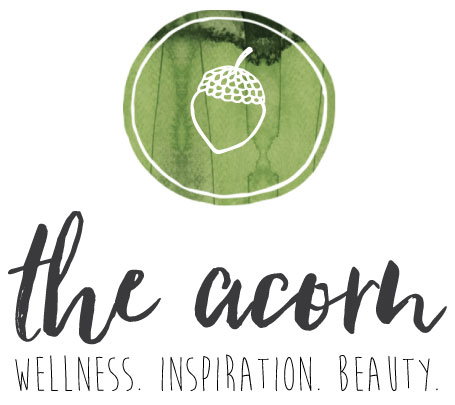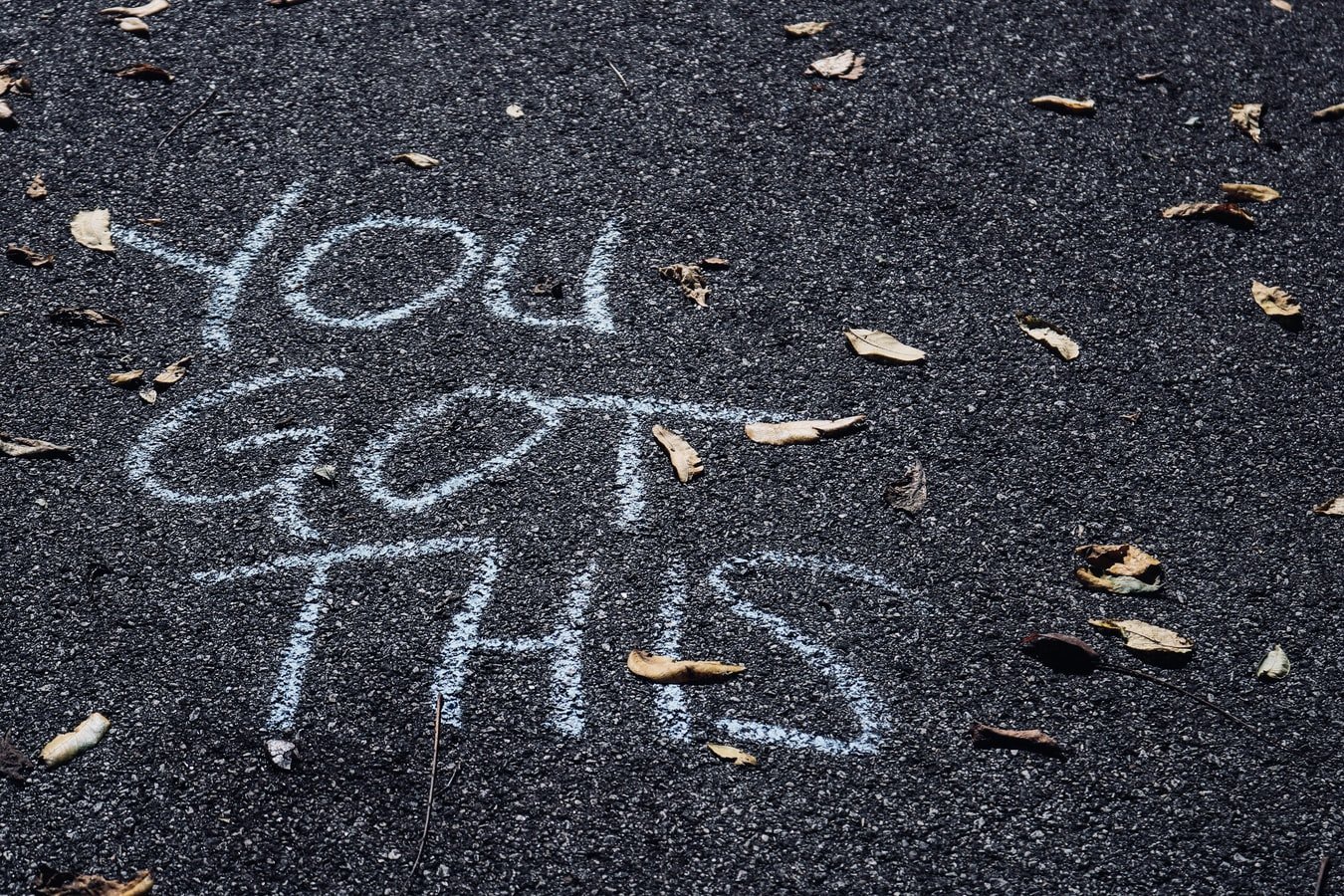A friend recently returned from traveling abroad. She remarked that in large swaths of continental Europe, Sunday is closed for business. As in old-school closed: virtually no shops are open, not even grocery stores or pharmacies.
On the other hand, cafés, town squares, promenades, and parks are brimming with people out for a stroll, sharing a laugh, lounging on benches, and generally perfecting the fine art of flânerie.
Most of us recall a time when Sunday was a day to hit the pause button. A day to just BE - no expectations, no schedule, no obligations. And even though one can choose to pack that seventh day with activity, it has largely (and blissfully) remained a day to unplug and take it easy.
For this reason, I nominate Sunday as the one day per week to unplug, even if only for a few hours, from our devices. That includes your phone, tablet, and computer, but also your smart watch or fitness tracker.
You can do it!!!
What Research Shows an Unplug Does for Your Brain
We’re all aware by now that our technology is both a blessing and a curse. The research shows that we’re on our screens more than ever – and our smart phones are SO smart they know they have us hooked.
But what happens when we unplug, even for a little while?
FastCompany.com recently described an experiment where a team of neuroscientists were embedded with a group of successful entrepreneurs at a retreat in the Moroccan desert with no internet access. Here's what happened:
The amount of eye contact increased. Participants looked up at other people rather than down at their screens, and as a result made better and deeper personal connections, making it easier to develop friendships.
Conversations became more engaging. Since participants weren't able to access Google (or answer email, texts, etc.), they were forced to convey more personal experience and anecdotes, further deepening the experience of being with others.
People remembered more. Because participants were "more present" in conversations, they were more likely to remember what was said, especially details about other people's lives which otherwise would have been lost in the flood of online information.
Sleep patterns improved. Most screens emit "blue light," which signals the body to hold back on releasing melatonin, the naturally-occurring chemical that tells your brain that you're ready to sleep.
Many made "breakthrough" decisions. Without the constant distraction of the internet, participants were able to think more deeply and make life decisions that they'd been putting off--and also believe they had the willpower to follow through.
How to Plan a Digital Downshift
There’s no hard and fast rule for a digital downshift. It’s what you decide works for you. A weekly unplug works best when a scheduled set of hours is set aside so that everyone - including you - knows what to expect.
Sundays are an easy pick for most, but choose whatever day works for you.
It’s simple to post an automated message that lets people know you’re taking a break, and how to reach you if there’s an emergency (please note: an emergency does not include ‘pick up milk’).
It can be a smidge out of your schedule or a whole day, as long as you’re consistent with that weekly block of time (then I double dare you to increase it by degrees :)
That block of screen-free time is about to become a precious port in the storm of your otherwise busting-at-the-seams week.
So let’s commit to some old school downtime. Spark up a board game. Wander without purpose. Sit and read a (real) book. Spend quality time with your family and friends.
Your brain and your spirit will thank you – and it just may be the most productive time you spend all week.
Read the astounding results of what happened to a group of 35 high flying CEOs, entrepreneurs, and influencers who unplugged for four days.
HEATHER MARTIN
Heather is the founder of The Acorn, and the author of The Wheel of Wellness: Seven Habits of Healthy, Happy People. She’s a licensed naturopath and an unlicensed free thinker. She loves long rambles, far-flung travel, and the road less traveled.
- Get to know her better: Instagram
- Read more: Acorn articles


